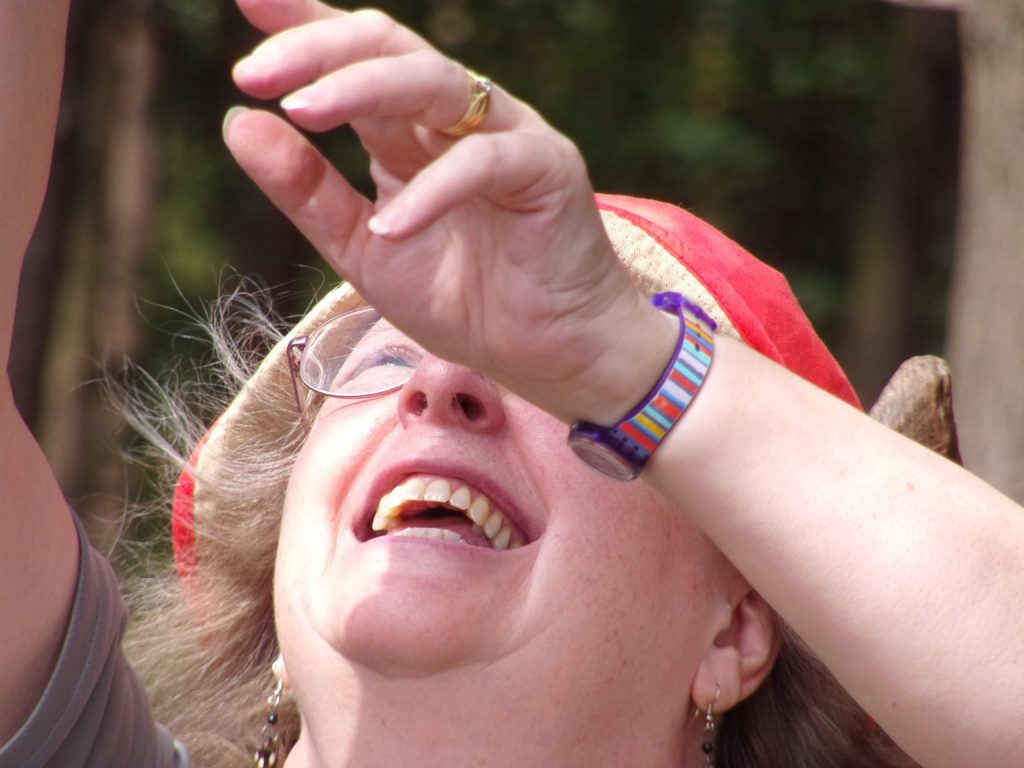Dear Benedict
In chapter 6 of your Rule you commend silence and even go as far as to say that ‘good words are to be left unsaid out of esteem for silence.’

I’ve made it clear before that there are many kinds of silence. As a speech therapist I’m familiar with some. Imposed silence, silence that seeks to silence others with whom we disagree or that we have abused is not the kind of silence anyone should commend. Of course you were probably not doing that in chapter 6. You, and many other monastics, think that silence freely chosen and followed with care and joy, is at the heart of the life of a faithful community. It was probably a valuable idea when you advanced it and many in such orders value it now.
That was before enforced silence became the trademark of domination and abuse in many denominations and in secular contexts too numerous to list. That was before language chosen by dominant groups to silence some and divide communities became such sharp weapons.
This week we are once again faced with the use of divisive and corrosive language. Once again it is in respect of immigration, an area in which language has played a crucial dividing role for a century of more. An area, in which I would argue, any Good-enough Benedictine cannot be silent.
One of the other hallmarks of Benedictine spirituality is hospitality. All are welcome. I wonder what you think we should do when two parts of the Rule come into conflict with each other. Is there are order of precedence?
If we, as a society, are to be welcoming to the most vulnerable should we keep silent about the language used to demonise such people? The answer surely has to be no. Whatever our role in a community, from the least well known to the celebratory we need to register our opposition to lies and exaggeration that lead to negativity and hate being directed towards those who seek refuge. The roles of ‘teacher’ and ‘disciple’ do not work in such a context.

Listening remains vital. We must listen especially to the weakest and quietest voices. We must understand the unspoken hierarchy of silencing. When a person sees their role as the silencing of others, that’s a dangerous route. Anyone who needs to tell someone else to ‘be quiet’ or to ‘give them a good talking to’ in order to keep them quiet should be questioned. Why does the breaking of silence seem threatening?
When a disabled person first gets a voice through an electronic communication aid they should not be told to ‘stop playing with your toy.’ When an abused person finally gets enough courage to name their abuser they should not find their testimony tied up in red tape. When a survivor finds the words to sing of their salvation we should all cry Magnificat!
And when politicians show sings of forgetting the pattern of history by which people were ‘othered’, demonised, segregated and taken away only half a continent from here, they should listen not to their own voices but to the voices of those raised on behalf of the weakest and most vulnerable. It is not Benedictine to keep silent in the face of oppression.

From my remembered bible: Your speech has the power to cut people dead or give them life. Use it wisely.
May my voice be used to support the most vulnerable.
Written in Longdendale by a Friend of Scholastica. 10.03.2023


